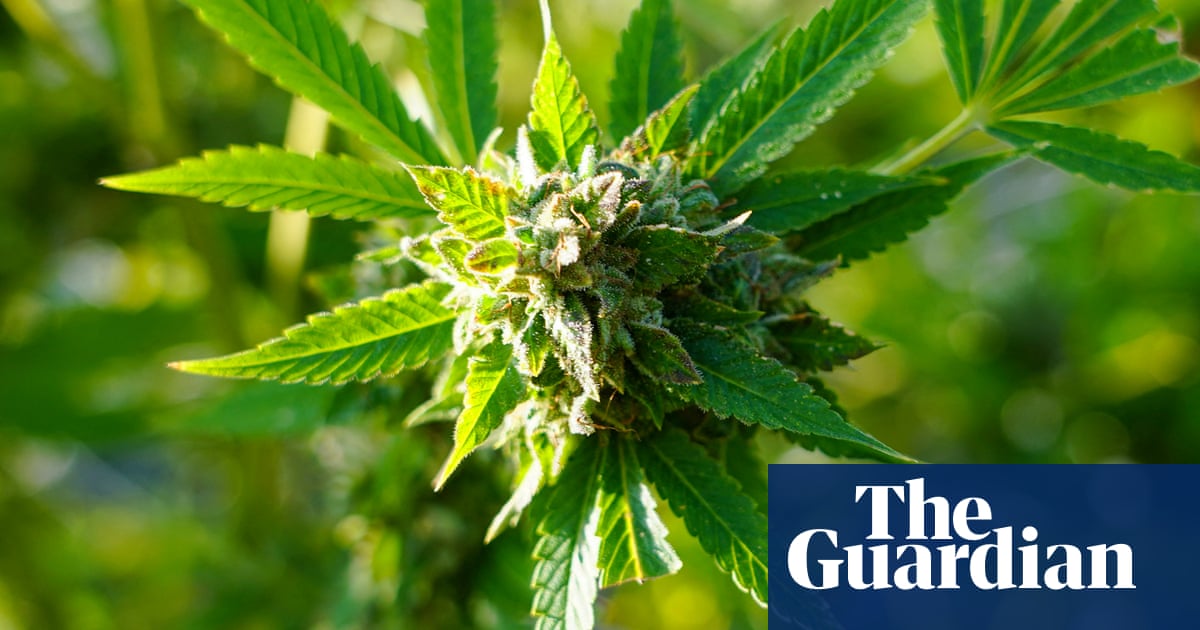The findings of the London Drugs Commission are welcome after a decade or more of static drug policy in the UK (Worried about weed: should London follow New York and decriminalise cannabis?, 31 May). While the report focuses on London, the suggestions resonate across the UK and beyond.
Cannabis was reclassified from class B to class C in 2004, reducing the penalties for possession, after the home secretary (David Blunkett) took theadvice of the Advisory Council on the Misuse of Drugs. Unfortunately, the Labour government asked the council to reconsider its advice based on protests about the risks of cannabis to health. The council, headed by Sir Michael Rawlins,confirmed its advicethat the drug should stay in class C. The government disagreed this time and returned it to class B.
PoliceScotlandsome years ago announced that it would concentrate on more serious issues and reduce attention on simple possession-of-cannabis offences. Returning the drug to a class with a lower sentencing tariff clearly makes sense.
The requirements for a functioning education and health service regarding drug use and addiction are clearly the next target and at present it is hard to identify anything but inadequate provision in primary or specialist services.
Scotland is innovating in the establishment of a safer injecting room and a heroin assisted-treatment programme in Glasgow, but across the addiction field progress is slow.
The commission didn’t recommend legislation but without a national approach progress in addiction policy is fragmented and piecemeal.Roy RobertsonProfessor of addiction medicine,University of Edinburgh
Your article about decriminalising cannabis in London doesn’t take into account the impact on people who don’t want the smell of weed all around them. I’ve recently been on a short break toNew York, which was marred by the inescapable smell of weed everywhere. It was in the streets, the shop doorways and even permeated the shops and restaurants as people smoked their joints outside.
It’s bad enough that we have to breathe in the sickly smell of vapes on the street without having to endure the pungent odour of pot everywhere. This is more than an issue about not prosecuting people for drug use, it’s a quality-of-life issue for everyone. If it’s decriminalised inLondon, the rest of the country is sure to follow suit.Carole Ludlow MooneyBacup, Lancashire
Have an opinion on anything you’ve read in the Guardian today? Pleaseemailus your letter and it will be considered for publication in ourletterssection.
